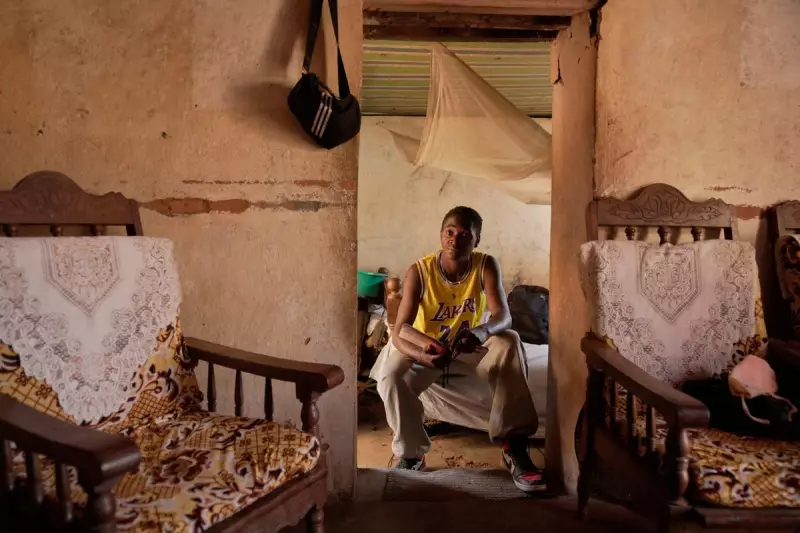
A disturbing trend is sweeping across Madagascar as thousands of young people are making the perilous journey to Europe, driven by economic desperation and dwindling hope for their future at home.
The Great Escape
In towns and villages across the African island nation, an entire generation is voting with their feet. Young Madagascans, many with secondary education and university degrees, are abandoning their homeland in search of opportunities that simply don't exist locally.
The statistics paint a bleak picture: Madagascar remains one of the world's poorest countries despite its rich natural resources, with nearly 80% of the population living below the poverty line.
Dangerous Journeys, Uncertain Futures
These young migrants undertake incredibly risky routes, often travelling through multiple African countries before attempting the Mediterranean crossing. Many spend their life savings and borrow from relatives to fund journeys that can cost thousands of pounds.
'There is nothing for us here,' explains one recent graduate who requested anonymity. 'We study for years, then find there are no jobs. Leaving is our only chance at a decent life.'
France: The Primary Destination
Due to historical ties and language, France has become the primary destination for Madagascan migrants. However, this has created tension between the two nations, with French authorities increasingly concerned about the growing numbers.
The phenomenon represents a severe brain drain for Madagascar, losing its most educated and ambitious young citizens precisely when the country needs them most to drive development and economic growth.
Political Instability Fuelling the Crisis
Analysts point to years of political turmoil and poor governance as key drivers behind the exodus. Despite international aid and development programs, young Madagascans see little evidence of improvement in their daily lives or economic prospects.
Local community leaders express concern about the social impact, with villages increasingly populated by the very young and elderly while the working-age population diminishes.
Regional Implications
This migration wave reflects a broader pattern across francophone Africa, with young people from Senegal, Ivory Coast, and other nations similarly seeking opportunities abroad. The situation poses significant challenges for both sending and receiving countries, raising questions about sustainable development and international cooperation.
As one community elder lamented: 'When our best and brightest leave, who will build our future?' - a question that echoes across the island nation as it grapples with this deepening crisis.





